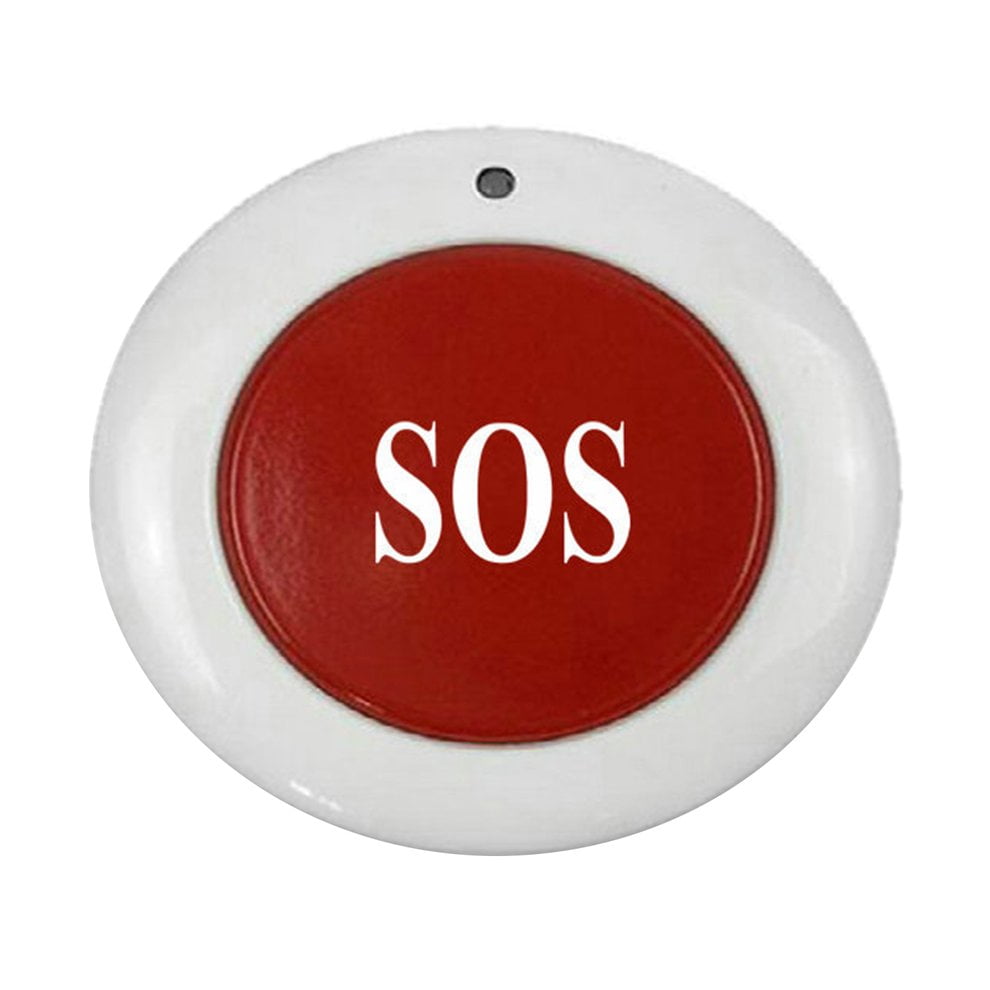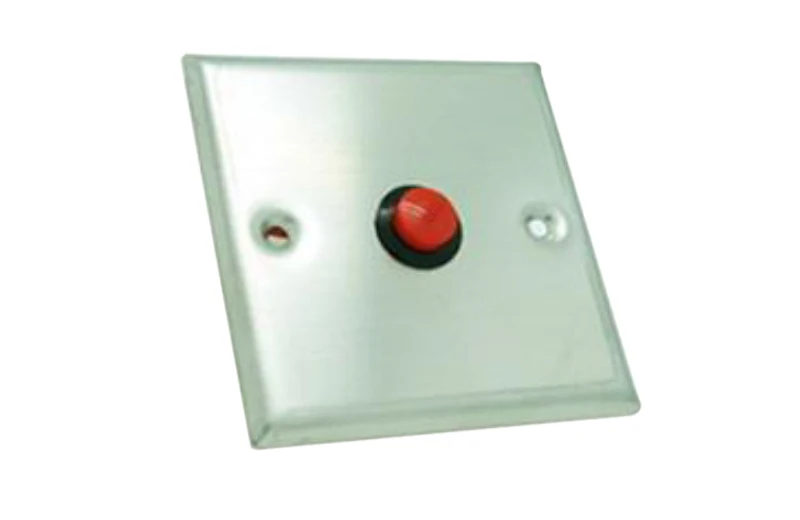
If your loved one regularly leaves home or wanders, you will likely need a device with GPS.Where will the device be worn? Will it be used strictly at home and around the yard, or will it be used while traveling?.Some things to consider when looking at a Medical Alert Systems are:

There are so many options and models it can be overwhelming trying to decide which medical alert system would be the best fit for your loved one or yourself.

Needless to say, she went home with one, and her family made it a point to check up on her daily after that. A medical alert system would have saved her the trauma of lying on the floor after an injury for 36 hours. I called the ambulance.įortunately, she was able to recover and return to her home after a lengthy stay in the hospital and rehab unit. The poor woman was dehydrated and very cold, though she had managed to pull a blanket and a throw rug on top of herself to try to stay warm. She had broken her hip and was unable to reach the phone. I found her on the floor where she had been lying since Saturday night. He let me in because he knew where the key to her home was hidden.
Senior panic button driver#
No answer.įinally, the Meals on Wheels delivery driver who knew her personally was dropping off her weekly meals. I attempted to contact their emergency contacts. "When I worked as a home health nurse, I went to my regularly scheduled Monday morning appointment at 8:30. Those who wish to remain independent and continue doing activities they love with an added level of security.Anyone who lives with a difficult-to-manage disease (i.e.Individuals with poor hearing or eyesight.Seniors and others with health conditions that make them dizzy or unsteady on their feet.Seniors prone to falls or other accidents.Medical alert systems are especially good for:

If you are unsure if a medical alert system is right for your situation, be sure to check out our Does My Loved One Need a Home Alert System article to help you decide. Who Should Consider Getting a Medical Alert System? The GPS model is especially useful for more active seniors or individuals who may wander as a result of Alzheimer's disease or other forms of dementia. These are typically worn in the same fashion as the in-home pendant or wristband. Mobile medical alert systems utilize GPS or cellular phone technology. If the pendant or wristband is pushed, the call center that monitors 24/7 either contacts the wearer or calls for help via local 911 or the wearer's caregiver. The pendant or wristband communicates with the console and monitors activities. The console is plugged into a wall jack and phone landline. The in-home use console consists of a pendant or wristband (sometimes a smartphone watch) that communicates with the console. There are two main types of medical alert systems: the in-home and mobile systems. What Is A Medical Alert System?Ī medical alert system also called a Personal Emergency Response System (PERS) or Home Alert System, allows your loved one to remain independent and able to stay home by having an emergency call button at their fingertips.

If your loved one lives alone or if you are unable to monitor them to the degree they require, a medical alert system will allow them to quickly contact emergency services in the event of a fall or other emergency.Īll too often, falls, heart attacks, injuries from burns while preparing a meal, slipping in the shower, and getting locked out of the house in extreme cold or heat can turn into a lifesaving situation.


 0 kommentar(er)
0 kommentar(er)
